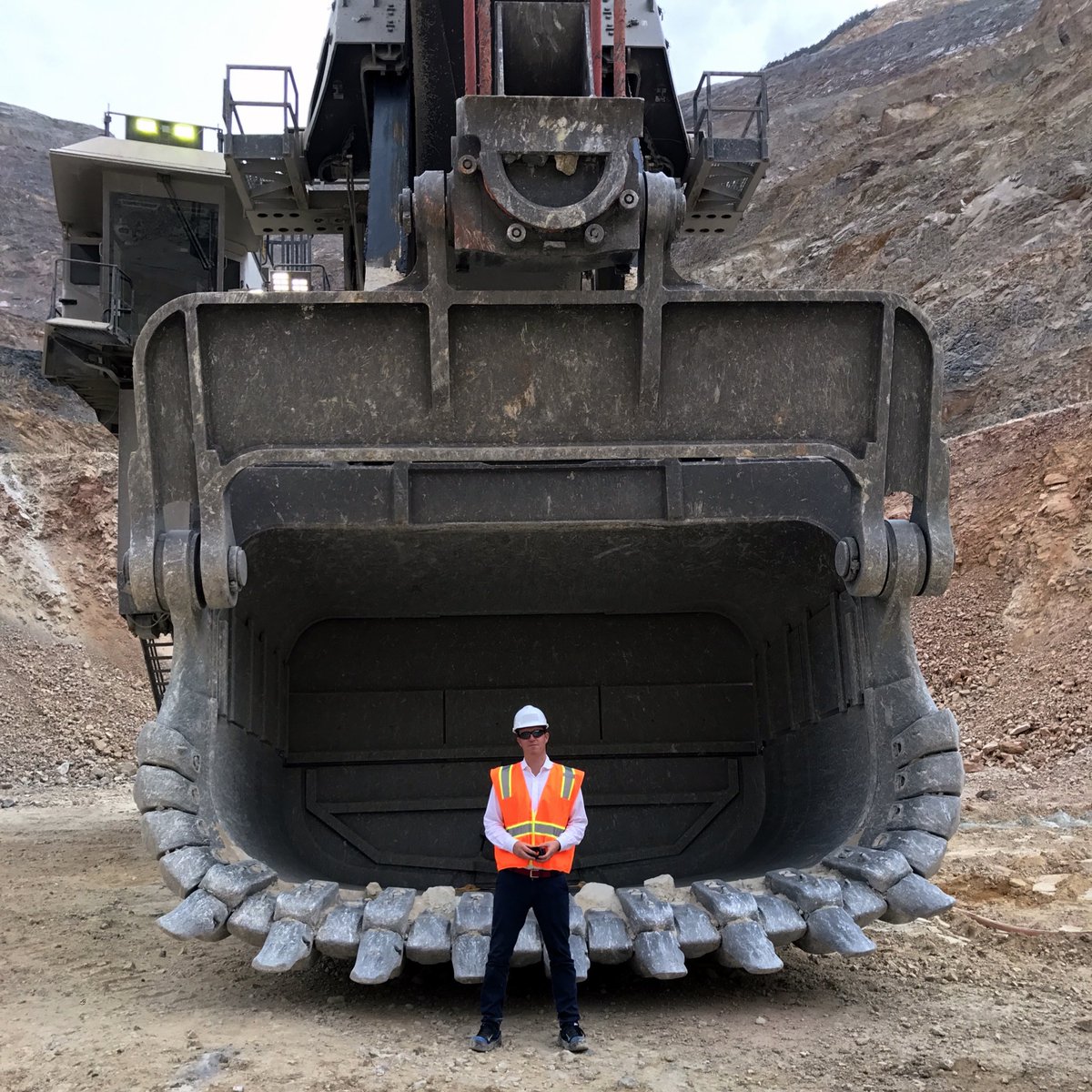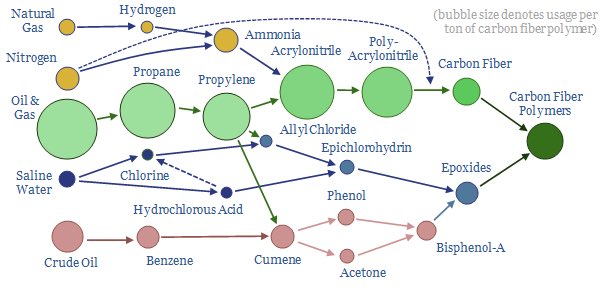🧵
Why is Britain facing higher inflation than any other G7 member?
How did the @bankofengland get so far behind the curve?
Why will UK households end up facing higher interest rates than anyone expected a few years ago?
Best place to begin: cucumbers.
Yes, really: cucumbers
🥒
Why is Britain facing higher inflation than any other G7 member?
How did the @bankofengland get so far behind the curve?
Why will UK households end up facing higher interest rates than anyone expected a few years ago?
Best place to begin: cucumbers.
Yes, really: cucumbers
🥒
For not only is the cucumber one of Britain’s great vegetable stables, the iconic filling in sandwiches at tea parties up and down the land, its story also tells you rather a lot about the economic pickle we’re in right now (pun intended). 

You’ve prob noticed the price of cucumbers has risen. A lot. That’s borne out by official data👇
Average price of a cucumber hovered around 50p for most of the past decade or so. It’s now up to 83p, according to this morning’s data (NB these are averages. Cucumber prices vary)
Average price of a cucumber hovered around 50p for most of the past decade or so. It’s now up to 83p, according to this morning’s data (NB these are averages. Cucumber prices vary)

There’s something else important to note about that chart: while cucumber prices today are pretty high vs recent years, if anything the real outlier was the past decade or so.
Look at the (v rough) trend line I’ve drawn.
Actually cucumber prices were v depressed up til recently
Look at the (v rough) trend line I’ve drawn.
Actually cucumber prices were v depressed up til recently

Why? It’s partly a story of technology and partly a story of economics.
The economics first: supermarkets have been in a long and drawn out price war. Wholesalers have been selling much fruit & veg for below cost price to increase market share. Hurrah, cheaper cucumbers!
The economics first: supermarkets have been in a long and drawn out price war. Wholesalers have been selling much fruit & veg for below cost price to increase market share. Hurrah, cheaper cucumbers!

Then there’s the tech, mainly the way they’re grown.
These days nearly all domestic cucumbers are grown in massive greenhouses. “Controlled environment agriculture” is the big new thing in farming.
Massive glass houses, kept at perfect temperatures, plants fed on hydroponics
These days nearly all domestic cucumbers are grown in massive greenhouses. “Controlled environment agriculture” is the big new thing in farming.
Massive glass houses, kept at perfect temperatures, plants fed on hydroponics

I wrote a bit about this last year in a thread abt tomatoes.🍅 In short, these greenhouses are a BIG deal: an increasing proportion of our food comes from them.
Much of the technology was developed in the Netherlands, where large parts of the country are covered, lit up at night
Much of the technology was developed in the Netherlands, where large parts of the country are covered, lit up at night
https://twitter.com/edconwaysky/status/1527926829461684224
Those greenhouses grow tomatoes, peppers, aubergines and, most of all (in the UK) cucumbers.
But they’re VERY energy intensive to run.
You need lots of gas to heat them, lots of fertilisers 👇and they’re also fed with CO2 from the gas boiler. It’s a fossil fuel business!

But they’re VERY energy intensive to run.
You need lots of gas to heat them, lots of fertilisers 👇and they’re also fed with CO2 from the gas boiler. It’s a fossil fuel business!


These technological leaps meant growers were able to generate even more veg from ever smaller inputs. You could be more forensic with chemical interventions, spend less on fertilisers, charge less for your veg.
We all benefited: in 2016 the avg cucumber was CHEAPER than in 1988!
We all benefited: in 2016 the avg cucumber was CHEAPER than in 1988!
We all know what happened next.
Since cucumbers are a fossil fuel product when the price of those fossil fuels rose, suddenly the greenhouses were too expensive to run. Growers stopped growing.
Here’s an abandoned cucumber greenhouse I visited last May.
Still abandoned this year
Since cucumbers are a fossil fuel product when the price of those fossil fuels rose, suddenly the greenhouses were too expensive to run. Growers stopped growing.
Here’s an abandoned cucumber greenhouse I visited last May.
Still abandoned this year

For the second year in a row, half the greenhouses in the Lea Valley are empty.
Similar story in the Netherlands.
High gas prices are killing the greenhouse growing sector. Supermarkets aren’t helping either - they’re only paying for cheaper varieties
Similar story in the Netherlands.
High gas prices are killing the greenhouse growing sector. Supermarkets aren’t helping either - they’re only paying for cheaper varieties
Nor is Brexit helping - it’s making it harder to find cheap labour. And cheap labour is what you need to pick tomatoes - esp the more expensive varieties like on the vine cherry tomatoes.
So no-one’s growing this stuff here anymore. Mainly the cheaper stuff. In smaller quantities
So no-one’s growing this stuff here anymore. Mainly the cheaper stuff. In smaller quantities

Upshot is we’re having to import ever more cucumbers (and tomatoes and peppers etc) from overseas.
From Spain and Morocco, from Egypt and Greece.
But there are problems there too.
Some of these countries have had tough harvests. And Brexit means more paperwork to get the stuff in
From Spain and Morocco, from Egypt and Greece.
But there are problems there too.
Some of these countries have had tough harvests. And Brexit means more paperwork to get the stuff in
Anyway, put all of this together and it shouldn’t be surprising that 🥒cucumber inflation is going through the ROOF.
Look: cucumber prices are up around 50% in the past year! Highest rate in many, many years. Far higher than wider food price inflation.
Look: cucumber prices are up around 50% in the past year! Highest rate in many, many years. Far higher than wider food price inflation.

So why should you care about any of the above?
One big reason:
Most of this stuff shouldn’t have been a surprise!
It was all v predictable!
All you needed to do was look at the world from the bottom up - not the top down…
And understand how we make & get the stuff we consume…
One big reason:
Most of this stuff shouldn’t have been a surprise!
It was all v predictable!
All you needed to do was look at the world from the bottom up - not the top down…
And understand how we make & get the stuff we consume…
The problem is: the @bankofengland and for that matter nearly all conventional economists, DIDN’T do that.
They trusted their economic models which took no account of this stuff👆. Upshot was they totally missed the inflationary spike.
And now they’re behind the curve…
They trusted their economic models which took no account of this stuff👆. Upshot was they totally missed the inflationary spike.
And now they’re behind the curve…

And because inflation is contagious, now it’s spreading through the system.
Even if cucumber & food prices come down, people have gotten used to paying higher prices and so higher prices are being set and paid across the economy, wages too.
Inflation has become STICKY
Even if cucumber & food prices come down, people have gotten used to paying higher prices and so higher prices are being set and paid across the economy, wages too.
Inflation has become STICKY
And we’re all going to feel the consequences. The @bankofengland is now expected to raise interest rates to 6%, a level at which millions of households will face the biggest mortgage squeeze since the late 1980s - possibly ever.
It will be grim for many.
It will be grim for many.
https://twitter.com/edconwaysky/status/1671410957556367362
And all because the @bankofengland and others didn’t understand where cucumbers come from 🥒
But it doesn’t have to be this way.
We can and SHOULD think about the world differently.
From the bottom up. Not just top down.
That’s what my new book’s all about lnk.to/MaterialWorld
But it doesn’t have to be this way.
We can and SHOULD think about the world differently.
From the bottom up. Not just top down.
That’s what my new book’s all about lnk.to/MaterialWorld
• • •
Missing some Tweet in this thread? You can try to
force a refresh

 Read on Twitter
Read on Twitter

















